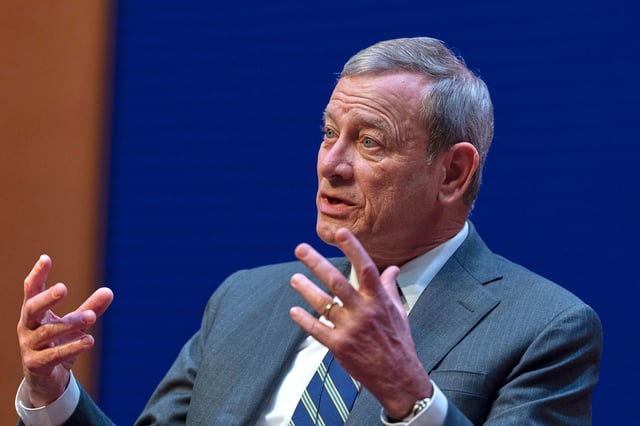Overview
- In a 6–3 decision along ideological lines, the Supreme Court held that federal judges lack equitable authority to issue universal injunctions blocking policies nationwide.
- The justices remanded existing injunctions, directing lower courts to confine relief to the specific parties before them as challenges to Trump’s birthright citizenship order continue.
- Justice Amy Coney Barrett’s majority opinion emphasized that class-action lawsuits remain a pathway to sweeping relief but warned courts to enforce procedural rules rigorously.
- The Justice Department announced it will ask judges to revisit and adjust blocks on Trump administration policies and intends to move swiftly to advance formerly enjoined actions.
- State attorneys general and advocacy groups, including New Jersey’s Matthew Platkin and the ACLU, are preparing tailored lawsuits and class-action filings to secure expansive relief under the new standard.



